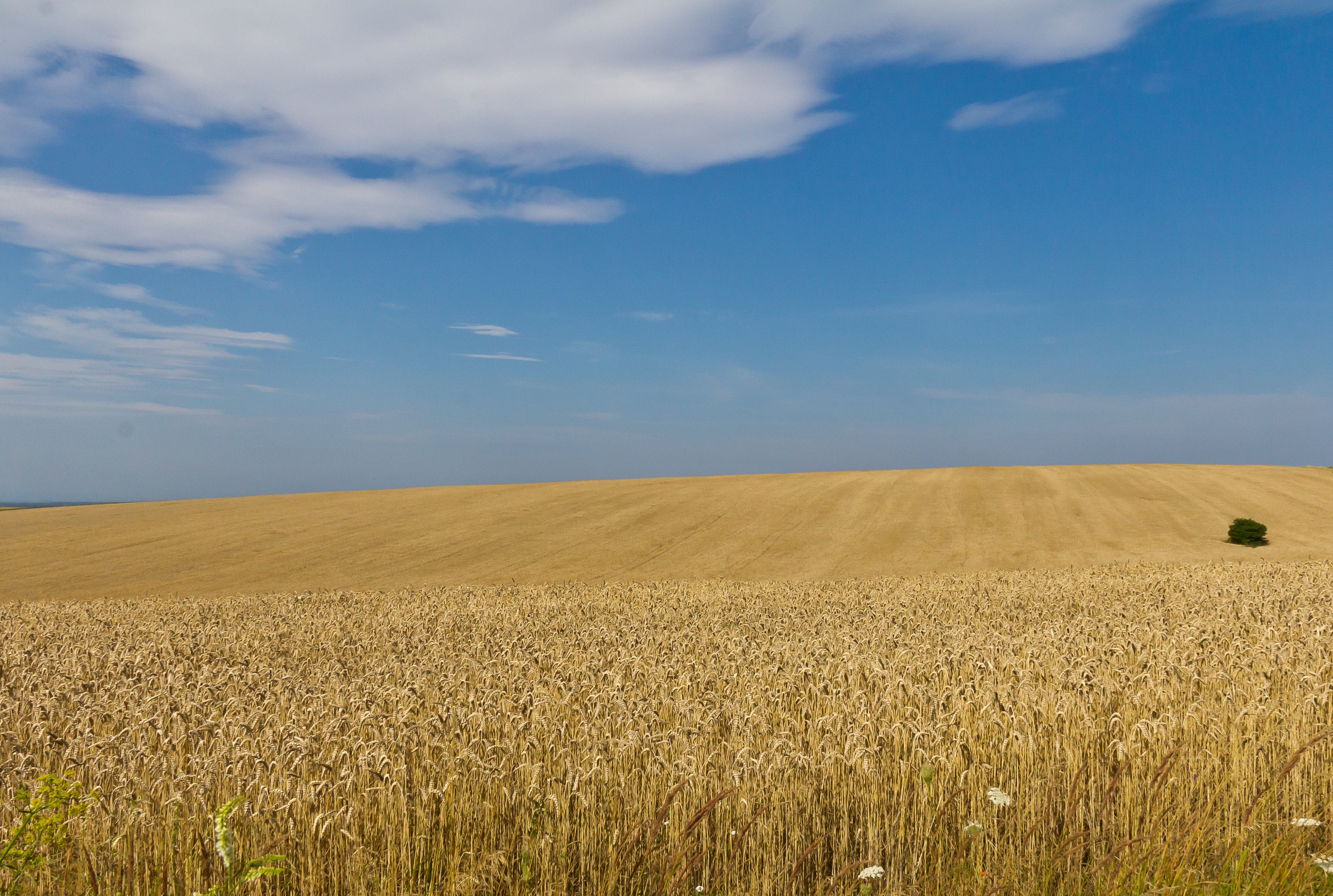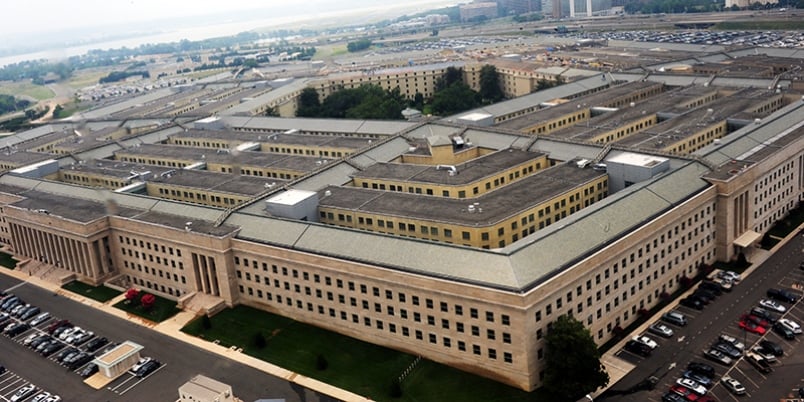
Ukraine still faces hurdles in grain exportation despite an agreement with Russia, brokered by Turkey and the United Nations, to allow shipments of the food stuff to leave the country.
Russia and Ukraine signed an agreement on Friday that would allow merchant ships to take grain out of three Ukrainian ports, including Odesa. But 12 hours later Russia bombed a port in Odesa, although it did not hit the grain facilities.
The bombing is one concern Ukraine faces when it comes to the agreement, said Sal Mercogliano, a professor at Campbell University.
For the agreement to work there needs to be a confidence that Russia will not attack the merchant ships that will transport the grain, Mercogliano said. Russia has not been a good faith actor so far since it invaded neighboring Ukraine, he added.
“So it raises the question of if Russia is going to honor the agreement,” he said.
Merchant ships have already been hit in the conflict, with some civilians dying, Mercogliano said.
“And the question is did the Russians target them intentionally or was it accidental, in some cases?” Mercogliano said. “And so ships sailing into harbors don’t look that much different from the peers they’re tied up against. There’s always a danger.”
Even if Russia is not intentionally targeting ships, but rather hitting them accidentally due to lack of precision ammunition, it can be dangerous for the merchant ships, he said. Loading grain is dangerous because it creates a cloud of grain mist, which is flammable. Bombings nearby could cause that to ignite.
But that’s just one hurdle that Ukraine faces.
The first is that it needs to clear out a shipping lane, specified in the agreement, from mines. Russia will need to do the same.
While Ukraine has said it knows where its mines are located, it is very possible that they have been swept away from their initial locations, Mercogliano said.
The mines were initially set to prevent Russia from conducting amphibious landing operations, he said. Losing them will lower the Ukrainian defense, but the country is more confident in its coastal defense ability, Mercogliano noted, citing the sinking of RTS Moskva (121) and the retaking of Snake Island, as an example.
There are also ships already in the harbor that will need to be cleared out in order to allow new ships in, Mercogliano said.
Once the mines and ships are cleared, there still needs to be ships to transport the grain from Ukraine, another challenge.
Turkey will inspect the ships that do go into the Black Sea to ensure they do not have weapons for Ukraine, as part of the agreement.
There’s also a question as to whether the ships will need to be escorted into the Black Sea, Mercogliano said. Ships that are able to field a crew will also need war-risk insurance because they’re sailing into a warzone.
“That’s above and beyond what you normally pay for marine insurance,” Mercogliano said. “So you’re gonna have to get that. There’ll be a really high cost with it.”
Ukraine has been able to export some of its grain via its ports on the Danube River, but that’s about 1 million tons of grain versus the 6 million it usually exports, he said.
Ukraine, along with Russia, are some of the world’s top grain exports, USNI News previously reported. The grain typically supplies countries in the Middle East, Africa and southern Asia.
Already, without the grain from Ukraine, there have been hikes in grain prices, Mercogliano said, adding there will potentially be more shortages because farmers haven’t been able to till grain fields to prepare for future harvests. Ukraine also needs to get its harvested grain out before it spoils.
Russia has been able to export its grain, Mercogliano said, but there is concern that it’s grain from Ukraine, causing some ports to refuse to unload it. That might be one of the reasons Russia agreed to allow Ukraine to export.
The agreement between the two countries was cause for some celebration, Mercogliano said, before the Odesa bombing. Odesa is one of the three ports Ukraine will use.
United Nations chief Antonio Guterres told CNN that Friday was the most important day of his tenure because of the agreement. The agreement means that in addition to Russian and Ukrainian grain, Russia will also have an easier time exporting fertilizer.
“And these two combined operations will mean a huge injection that I believe will bring possible prices down, will stabilize the markets and will allow developing countries that are in extremely difficult situations and vulnerable populations where famine is growing, that will allow this to stop,” Guterres told CNN. “That was our objective, our motivation.”
The United States welcomed Turkey’s help in negotiating an agreement between the warring nations, John Kirby, spokesperson for the National Security Council, said during a Friday White House briefing.
Still, the Biden administration is cautious about the agreement.
“It’s unfortunate that he even has to have those talks, because there’s a blockade that Russia could stop today,” Kirby said. “They can take their ships out of the Black Sea. They could let that grain go and alleviate a lot of food security problems not just in Europe, but in the Middle East, in Africa, or elsewhere around the world.”





